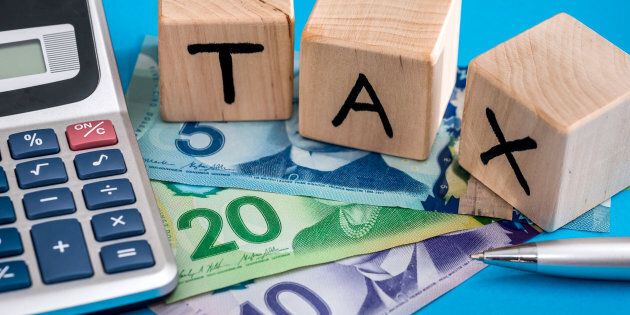Corporate tax planning
Tax-Free Dividends
If your corporation has unrealized losses in its investment portfolio, check your capital dividend account (CDA) balance before engaging in tax-loss selling. The CDA tracks the non-taxable portion of capital gains, and dividends can be designated as capital dividends, which are tax-free to shareholders if they don’t exceed the CDA balance. Realizing capital losses can reduce or eliminate the CDA balance, so consider paying out any capital dividends before realizing losses.
Defer your income
Consider deferring income you expect to receive this year until early 2025. For instance, bonuses are deductible by the corporation as long as they are paid within 180 days. This means a bonus due in 2024 can be deducted in that year, but paid in 2025, effectively deferring personal income tax until 2026.
Income Split
Income splitting allows business owners to distribute income among family members to reduce the overall family tax burden. Paying reasonable salaries or dividends to family members who contribute to the business allows income to be taxed at lower rates. However, business owners must comply with the Tax on Split Income (TOSI) rules to avoid shifting income to non-contributing family members or those under 18, which would subject the income to higher tax rates.
Personal tax planning
Tax-Loss Selling
Consider selling investments with accrued losses before the last trading date of December 30th, 2024, to offset capital gains realized elsewhere in your portfolio. Any net capital losses that cannot be used currently may either be carried back three years or carried forward indefinitely to offset net capital gains in other years. Be cautious of the “superficial loss” rules, which deny the capital loss if you repurchase the security within 30 days.
Tax-Free Savings Account (TFSA)
Maximize your TFSA to enjoy tax-free income. Contributions and earnings (capital gains, dividends, and interest) are not taxed when held in the TFSA or when withdrawn. If you’ve never contributed, you can contribute up to $95,000 in 2024 if you were 18 or older and a Canadian resident since 2009.
If you withdraw funds from a TFSA, an equivalent amount of TFSA contribution room will be reinstated in the following calendar year, assuming the withdrawal was not made to correct an over-contribution. If you are planning a TFSA withdrawal in early 2025, consider withdrawing the funds by December 31, 2024, so you would not have to wait until 2026 to re-contribute that amount.
First Home Savings Account (FHSA)
The FHSA allows first-time homebuyers to save for a home tax-free. You can contribute up to $8,000 annually, with a lifetime limit of $40,000. If you didn’t contribute to an FHSA in 2023, you can contribute up to $16,000 in 2024.
For more information, contact one of our tax experts at SJ Chartered Accountants. We are a CPA (Chartered Professional Accountant) firm serving Mississauga, Etobicoke, Toronto & other surrounding areas in the GTA.


Leave a Reply